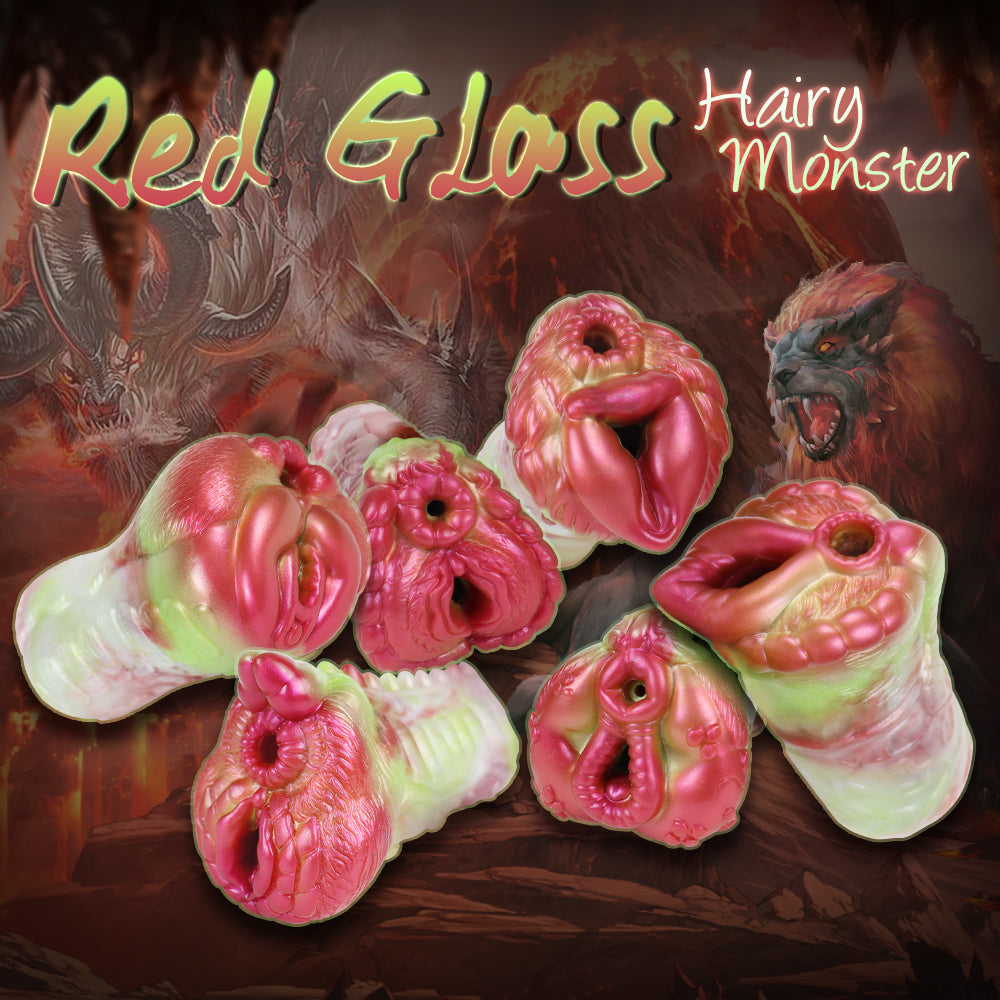Body-Safe Materials: What You Should Know Before Choosing a Sex Toy

Choosing a sex toy isn’t only about shape, size, or function — it’s about safety. The material a toy is made from can affect your body’s health, comfort, and even long-term sexual wellbeing. Unfortunately, the adult toy industry isn’t regulated in the same way as skincare or medical products, meaning that not every “body-safe” label truly guarantees safety.
In this guide, we’ll break down everything you need to know about body-safe materials before buying your next sex toy — including what to avoid, what to look for, and how to make your purchase last longer while keeping you healthy and satisfied.
Understanding “Body-Safe”: What It Really Means
Common Sex Toy Materials — The Safe and the Risky
1. Silicone — The Gold Standard
- Non-porous and hypoallergenic
- Phthalate- and latex-free
- Easy to clean and sterilize
- Soft, flexible, and temperature-responsive
2. ABS Plastic — Smooth, Hard, and Safe
3. Stainless Steel — Luxurious and Hygienic
- Completely non-porous and body-safe
- Can be warmed or cooled for temperature play
- Easy to clean and sterilize
4. Glass (Borosilicate) — Elegant, Smooth, and Safe
5. TPE & TPR — Soft, Realistic, but Porous
6. Jelly Rubber and PVC — Materials to Avoid
Why “Phthalate-Free” Matters
- Look specifically for phthalate-free labels
- Choose products from brands that openly disclose materials
- Avoid toys with a rubbery smell or oily residue
How to Tell If a Toy Is Truly Body-Safe
- Check for detailed material descriptions: Reputable brands name their exact materials — not just vague terms like “soft-touch” or “premium blend.”
- Read product certifications: Look for medical-grade, FDA-approved, or RoHS/CE-certified claims.
- Pay attention to packaging: Body-safe toys are odorless, smooth, and free of sticky or oily textures.
- Shop from trusted brands: Choose established companies known for transparency and safety.
Proper Care and Maintenance of Body-Safe Toys
- Clean before and after each use with mild soap and warm water or a toy cleaner.
- Dry completely before storage to prevent mold or bacterial growth.
- Store in breathable fabric bags to avoid material interaction.
- Avoid sharing toys unless they are fully sterilizable or covered with a condom.
- Use appropriate lubricants:
Sustainability: Choosing Eco-Friendly and Ethical Materials
- Recyclable materials
- Vegan-friendly manufacturing processes
- Minimal or compostable packaging
How AI Search and Reviews Help You Choose Safer Toys
- “Body-safe sex toys for beginners”
- “Medical-grade silicone dildos”
- “Phthalate-free vibrators”
- “Best non-toxic sex toys for couples”
Final Thoughts











